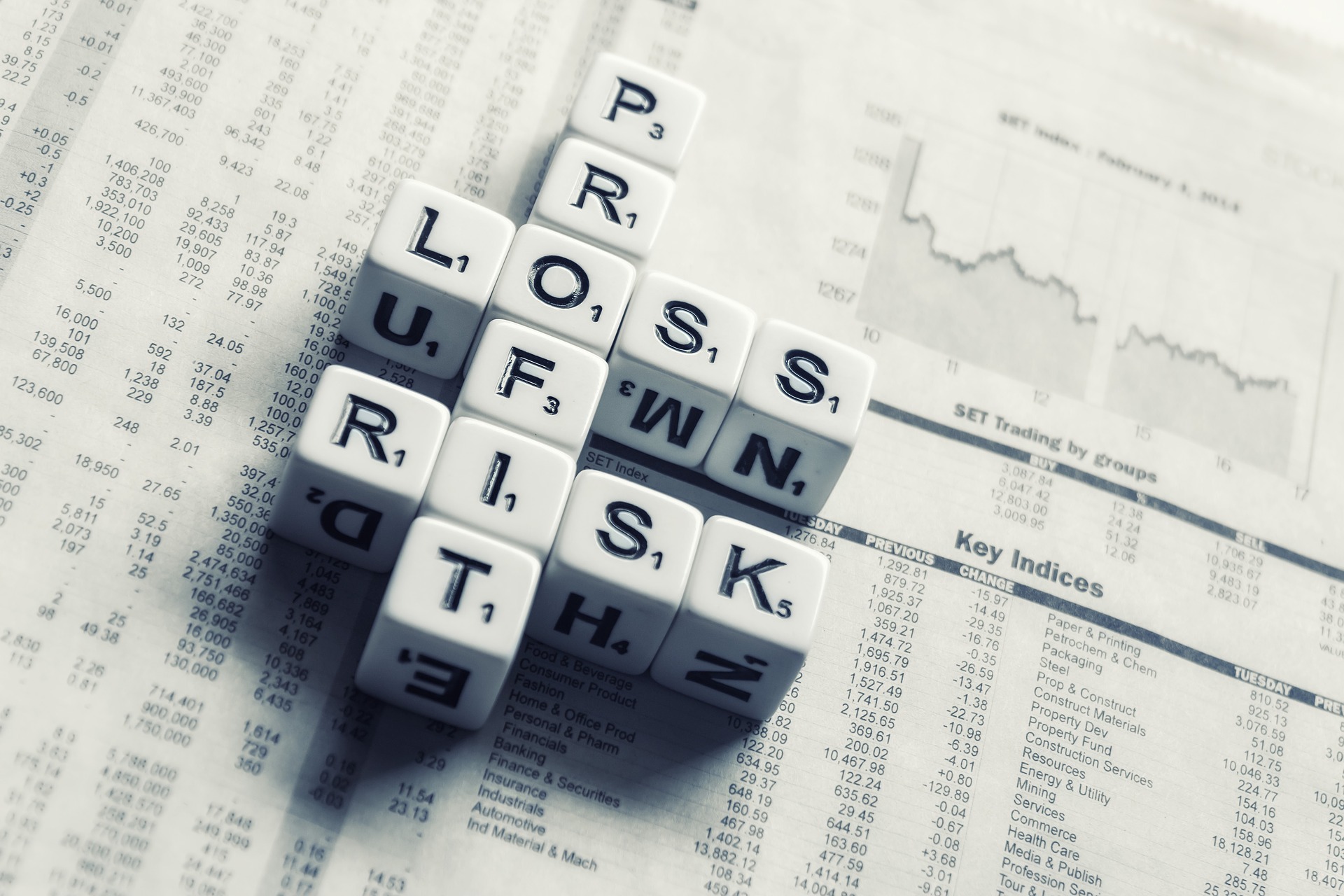Esta web utiliza cookies para que podamos ofrecerte la mejor experiencia de usuario posible. La información de las cookies se almacena en tu navegador y realiza funciones tales como reconocerte cuando vuelves a nuestra web o ayudar a nuestro equipo a comprender qué secciones de la web encuentras más interesantes y útiles.
Publicaciones

WP-AD 2017-07
Optimistic and stubborn: An experimental analysis of the disposition effect
Cueva, C., Iturbe-Ormaetxe, I., Ponti, G. y Tomás, J.
Año de publicacion: 2017
Palabras clave: Behavioral Finance, Trading, Biases, Psychological Measures, Beliefs, Cognitive Dissonance
Clasificación JEL: C91, D70, D81, D91
DOI: http://dx.medra.org/10.12842/WPAD-2017-07
Resumen
The disposition effect (DE) is a common bias by which investors tend to sell profitable assets too soon and hold losing assets too long. We investigate psychological correlates of the DE in a standard experimental environment and find that subjects scoring high in optimism and stubbornness (difficulty recognizing one’s errors) tend to sell fewer losers and consequently exhibit a larger DE. We then test a beliefs-based explanation for these findings by conducting two additional treatments, called allocate (A) and choose (CH), in which we elicit price expectations after subjects are either randomly allocated assets, or forced to choose some, respectively. We find that subjects’ beliefs are more optimistic about assets that they own than about other assets, regardless of the treatment. However, while beliefs about owned assets in A adjust in line with Bayesian inference, beliefs remain stubbornly optimistic in CH even when an asset is more likely to be a loser.


